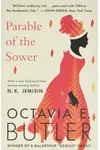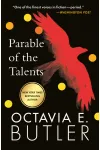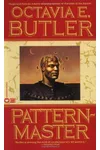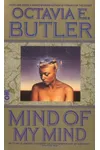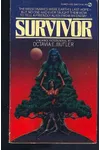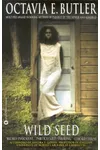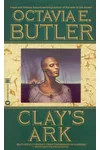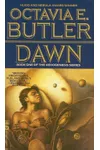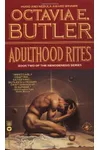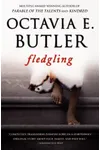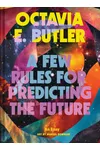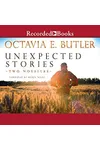Picture an African American storyteller who wove time travel and social justice into unforgettable science fiction—meet Octavia E. Butler! Born in 1947, she broke barriers as a Black woman in a genre dominated by white men, crafting stories that challenged norms and inspired generations. Her vivid narratives, like Kindred, blend speculative fiction with raw human truths, earning her the title 'grand dame of science fiction.'
Butler’s journey wasn’t easy, but her resilience and imagination made her a literary icon. From her shy beginnings in Pasadena to winning the MacArthur 'Genius' Grant, her life and work continue to captivate readers. Let’s dive into the world of Octavia E. Butler!
The Making of Octavia E. Butler
Octavia Estelle Butler grew up in Pasadena, California, raised by her widowed mother, a domestic worker. Shy and dyslexic, she found solace in books, devouring science fiction despite its lack of diverse voices. At 10, she began writing her own stories, undeterred by discouragement from teachers who doubted her potential. Her persistence paid off when she attended the Clarion Science Fiction Writers’ Workshop in 1970, kickstarting her career with early short stories.
Butler’s determination shone through financial struggles—she worked odd jobs while honing her craft. Her unique perspective as a Black woman shaped her storytelling, blending speculative fiction with themes of race, power, and survival. This foundation set the stage for her groundbreaking novels.
Octavia E. Butler’s Unforgettable Stories
Butler’s novels are a masterclass in blending science fiction with social commentary. Her 1979 novel Kindred is a gripping tale of a Black woman time-traveling between 1970s Los Angeles and a pre-Civil War plantation. Its raw exploration of slavery and identity remains a cornerstone of her legacy. The Parable series, starting with Parable of the Sower (1993), envisions a dystopian future where a young Black woman leads a new philosophy amid societal collapse.
Her Xenogenesis trilogy (1987–1989), later called Lilith’s Brood, explores humanity’s survival through alien hybridization, tackling themes of difference and adaptation. Butler’s style—direct, emotionally resonant, and unflinchingly honest—makes her worlds feel both alien and deeply human. She didn’t shy away from tough topics, using science fiction to mirror real-world inequalities and resilience.
Unlike traditional sci-fi’s focus on technology, Butler centered people—especially marginalized voices. Her ability to weave complex characters with societal critiques earned her a devoted following and critical acclaim, including Hugo and Nebula Awards.
Why Octavia E. Butler Matters
Octavia E. Butler’s impact transcends science fiction. As the first sci-fi writer to receive the MacArthur 'Genius' Grant in 1995, she paved the way for diverse voices in speculative fiction. Her stories, rooted in social justice, resonate with readers grappling with issues like systemic racism and climate change. Writers like N.K. Jemisin and Nnedi Okorafor cite her as a trailblazer who proved sci-fi could be inclusive and profound.
Butler’s legacy lives on through adaptations like the Kindred TV series and her influence on Afrofuturism, a cultural movement blending African diaspora themes with futuristic visions. Her work continues to inspire readers to question power structures and imagine new possibilities.
About Octavia E. Butler
- Born: June 22, 1947, in Pasadena, California
- Key Works: Kindred, Parable of the Sower, Lilith’s Brood
- Awards: MacArthur 'Genius' Grant (1995), Hugo Award, Nebula Award
- Died: February 24, 2006
Snag Kindred or Parable of the Sower and dive into Octavia E. Butler’s bold, thought-provoking science fiction! Her stories will challenge your perspective and leave you hungry for more.
